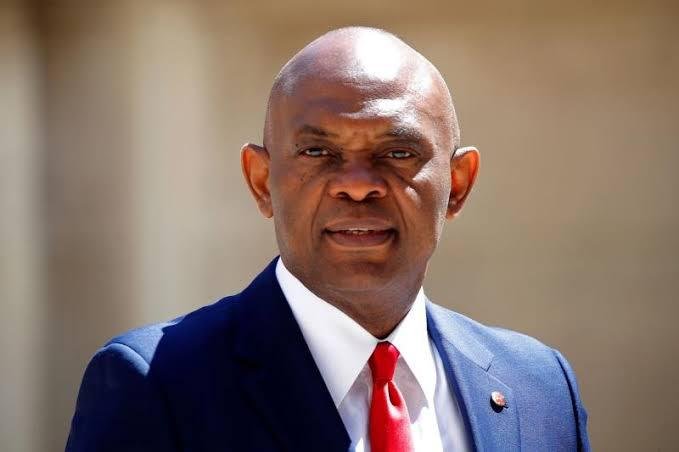By Tony O. Elumelu
The philosophy of Africapitalism — which entails a visionary approach to economic empowerment, driven by the belief that the private sector has a critical role to play in advancing Africa’s development agenda – is one that has potential to offer the continent value.
In a nutshell, Africapitalism could unlock Africa’s vast potential while empowering its people to thrive and prosper. Here are three critical areas that need attention and collective action for the continent to be on the right path to sustainable development.
Entrepreneurship and job creation:
The role of entrepreneurship in fostering global food security cannot be overstated. As we grapple with the challenges of food insecurity and hunger, entrepreneurship emerges as a powerful tool for innovation, resilience, and sustainable agricultural practices. Through initiatives like the Tony Elumelu Foundation (TEF), we remain committed to empowering African entrepreneurs to drive agricultural innovation, create jobs, and enhance food security across the continent.
Economic empowerment of youth to address migration challenges:
Africa’s youth represent a demographic dividend and a catalyst for economic growth and prosperity. By investing in the economic empowerment of young people through entrepreneurship, skills development, and access to finance, we can unlock their potential as agents of change, address migration challenges, and create meaningful employment opportunities.
Private-Public Partnerships for access to healthcare and innovation:
Access to quality healthcare is a fundamental human right and a cornerstone of sustainable development. Yet, millions of people around the world lack access to essential health services, medicines, and vaccines. Through private-public partnerships, we can democratize access to healthcare, foster innovation, and improve the quality of life globally. The United Bank for Africa (UBA) stands ready, as always, to collaborate with foundations to drive innovation in healthcare delivery, promote preventive healthcare measures, and build resilient health systems that leave no one behind.
Now, it is important to note that as global leaders gathered to attend the Health Leaders’ Forum in Abu Dhabi the G7 Forum in Rome, as well a networking reception held in honour of the Executive Director of the World Food Programme, Cindy McCain, in May, it was evident how African leaders are committed to driving sustainable development, fostering entrepreneurship, and building resilient communities.

There’s power in collaboration – let’s harness the power of entrepreneurship, economic empowerment, and private-public partnerships to create a more prosperous, equitable, and sustainable world for all.
In addition, by mobilising the potential of renewable energy, investing in clean technology, and fostering cross-sectoral collaboration, for example, driving economic transformation, mitigating climate change, and building a more prosperous and resilient future for generations to come would be an easy affair.
Financial institutions also need to spearhead efforts to channel capital and expertise to support the shift to a low-carbon economy – such a move will ensure that Africa –, a continent beaming with potential, innovation, and promise –, remains a key player in the global renewable energy sector.
So, Africapitalism is not just a philosophy, but a call to action, a blueprint for transformative change, and a vision for a prosperous and equitable Africa, so it is invaluable for sustainable development.
Africa stands at crossroads – and, as we navigate the complexities of the global landscape, it is important that we chart a course towards sustainable development, inclusive growth, and shared prosperity. Together, let us build a future where every African has the opportunity to thrive and succeed.
Writer is the founder of Tony Elumelu Foundation and Chairman of UBA Group

